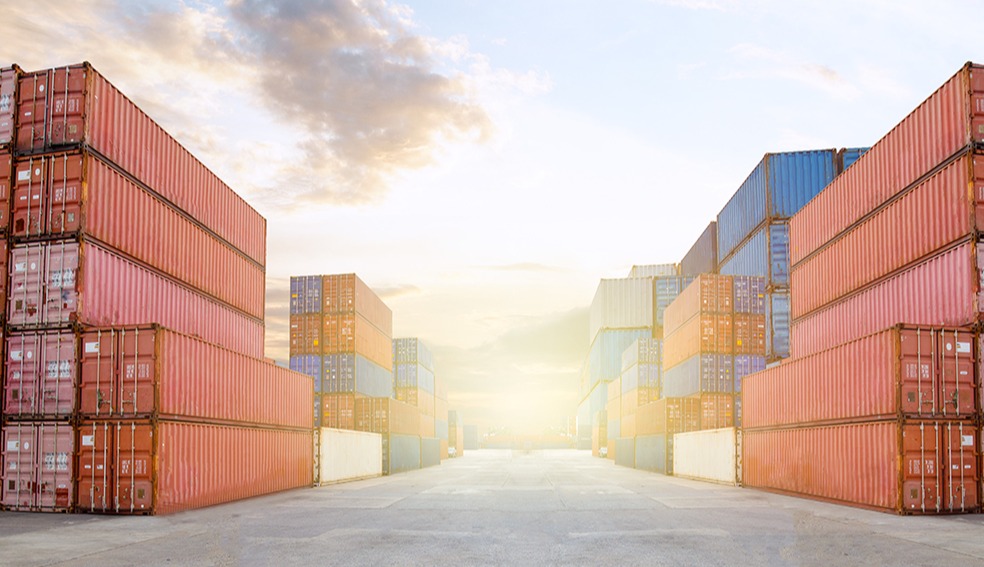The commercial insurance market has been hardening for over a year, and cargo insurance has been no exception to this trend. The last two years have seen the steepest premium increases in recent memory. Years of low rates and occasional shock losses built to a point where buyers faced upward pricing pressure, and insurers began to reduce capacity.In 2019, a number of Lloyds syndicates in London, which had previously written cargo insurance, decided to close their cargo books and backed out of the marketplace due to unprofitability. The onset of COVID-19 added even more uncertainty to an already volatile situation, as staffing shortages and government restrictions threatened shipment delays, spoilage, and temperature excursions.
As 2020 winds to a close, risk managers are commonly facing 15-25% premium increases even in cargo or stock throughput programs without any losses. Applying for multiple quotes, a time-honored way to test the market, has become difficult as demand for their services has left underwriters overwhelmed.
What can you do? While there is no silver bullet for an across-the-board hard market like the one we are currently facing, there are still things a prudent risk manager can do to mitigate the market’s effects:
-
Check the rating basis for your premium:
Cargo insurance policies are most commonly written based on estimated sales for the coming year. Without explicit instruction, underwriters will often use the same estimates year after year. If your sales have changed with the onset of COVID-19, you may be overpaying based on old estimates which are no longer accurate.
Also, sales are often used because it is an easy number for cargo insurance brokers to ask for, but it may not represent what you are at risk for. Truly understanding what you are at risk for is the only way to ensure you are not overpaying by using a rating basis that is too high.
-
Tailor your policy to your supply chain:
Is your policy tailored to how your freight moves? Underwriters often adopt a “one size fits all” approach to underwriting freight risk without taking the time to understand specific lanes, commodities, loss control measures, or distribution models.
Not only could this lead to coverage gaps, but you may not be getting proper credit from the underwriter for risk improvements you have implemented, such as freight carrier selection, packaging, and tracking and tracing procedures. In this market, one needs to proactively tell underwriters how good your supply chain is to have them want to insure you.
-
Improve your loss ratio:
Subrogation is the process by which insurance companies claim back the money they pay under your policy coverage from the party responsible. Sometimes this is done by employees of the insurer, and sometimes they contract it out to a third party. Either way, rarely are the people doing subrogation experts in cargo claims.
These claims, if they are filed at all, are often rejected by the responsible party and never followed up on. At the end of the day, any failed subrogation hurts the loss ratio of your policy. By hiring a cargo claim specialist, you can dramatically increase the dollars recovered on your cargo claims, making your loss ratio look much better when it comes time for a renewal quote.
Virtually every consumer of commercial insurance in 2020 is feeling the effects of the hard market. But this doesn’t mean there’s no remedy. Working with a specialist to evaluate your estimates, tailor your policy to your supply chain, and improve your loss ratio can either keep increases minimal or in some cases, even reduce your premium.
In this market, the most effective cargo insurance broker is one who understands supply chain risk and can sell your needs to the insurance market. We specialize in convincing insurers that they want to insure our clients. ECIB has been working with our customers throughout 2019 and 2020 to keep premiums under control using these techniques as well as leveraging our relationships with the best cargo underwriters in the industry.
Contact our team to see how we can help you!


.png?width=6181&height=1578&name=ECIB-logo%20(1).png)
